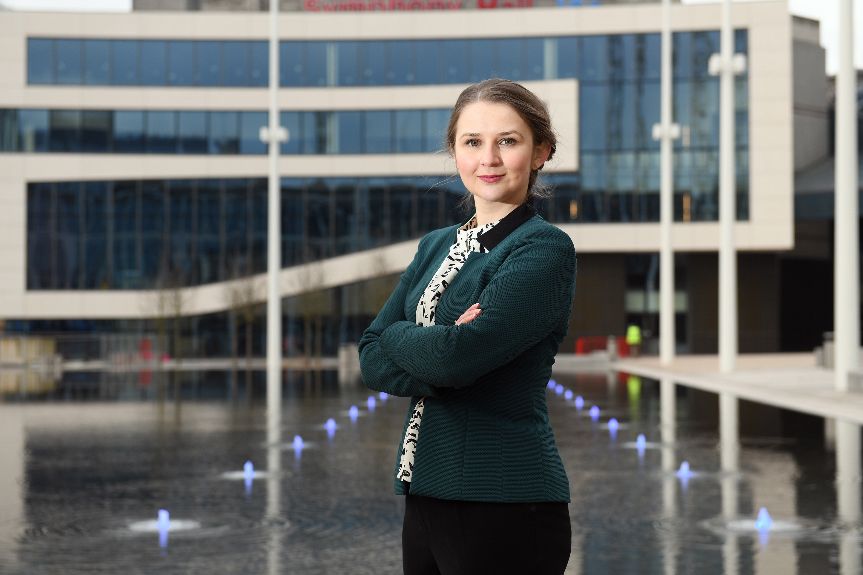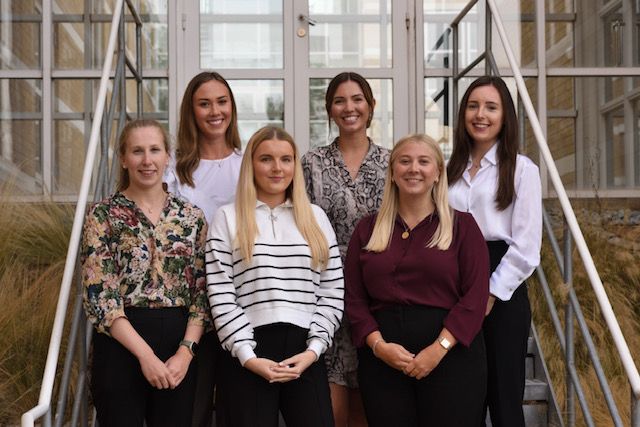New research reveals wastewater treatment plants can catch a cold
Just like humans, wastewater treatment plants can get sick, due to viral attacks. Now, new research from Chalmers University of Technology, Sweden, reveals the implications for the surrounding environment in case the plant catches a cold.
The efficient running of wastewater treatment plants is an essential part of modern society. In the sewage industry, the ‘work’ of wastewater plants is often executed by microscopic bacteria.


























